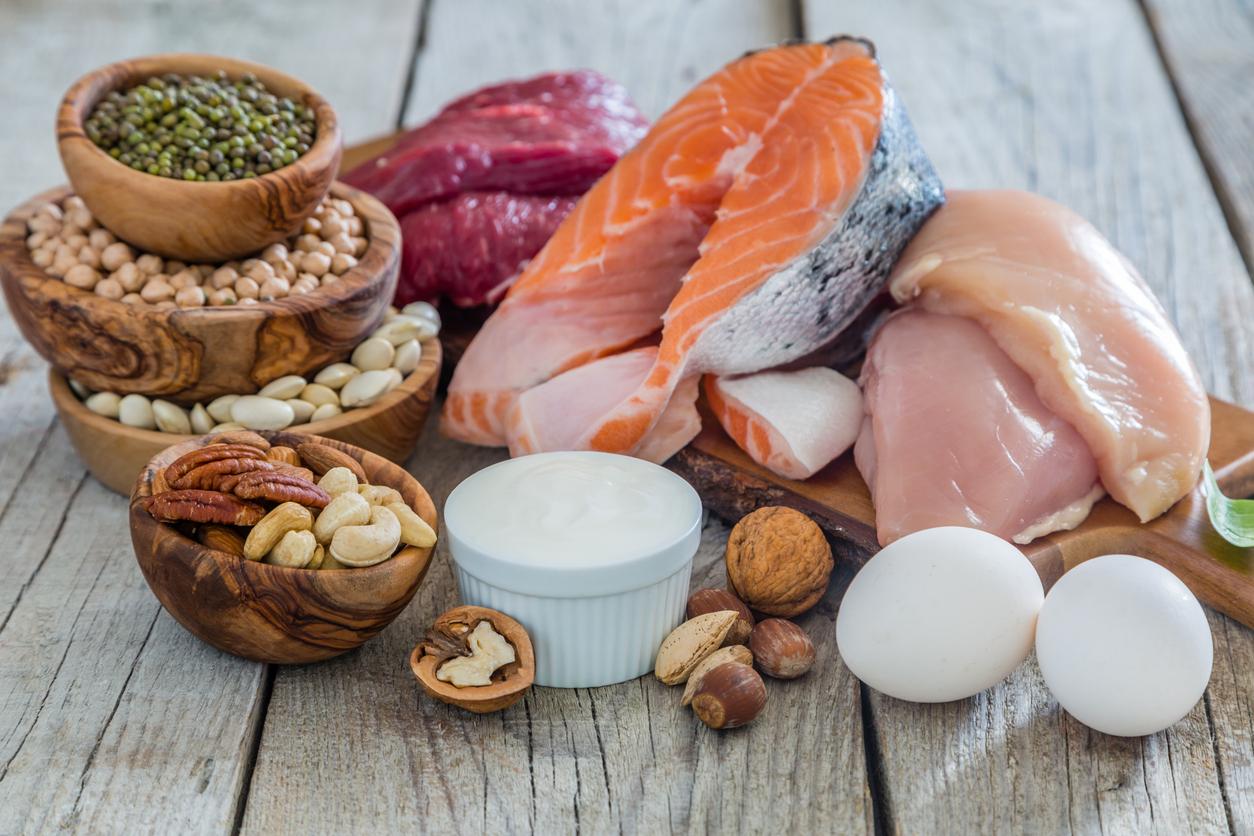The end of confinement and the arrival of the summer holidays give pride of place to the diktat of the “summer body”, which consists in associating the notion of dream plastic with size 34. However, despite the adage, gluttony is far from being a bad flaw. Interview with Hélène Lemaire, dietitian nutritionist.

If listening to oneself is essential to regulate one’s eating behavior, dietician nutritionist Hélène Lemaire is categorical: the watchword is pleasure. In addition to tasting your food, the expert considers that it is normal to try to compensate for negative emotions by eating. For her, the main thing is to feel guilty.
What can be wrong with the idea of “going on a diet”?
The word ‘control’ makes my hair stand on end, because you should not try to control your weight: what is important is that you are fully responsible for your eating behavior. Normally, when we listen to our sensations, we eat when we are hungry and we stop when we are full. It is a voluntary act: if you are not hungry, you can very well decide not to eat, and the reverse is reciprocal. What creates problems is not listening to yourself, because you are no longer in tune with your food sensations.
Can listening to oneself be synonymous with having fun?
Yes, the better it is, the less you eat. For example, if you go on vacation to regions of France where there are good products, such as duck confit or Morteau sausage, you have to enjoy them as long as you taste them. Moreover, having fun with an ice cream in the afternoon allows you to eat less or not at all in the evening: it doesn’t matter if you listen to yourself.
On the other hand, I insist a lot on the quality of food: ultra-processed products are full of bad fats and sugars. This makes a cocktail that stimulates dopamine receptors (one of the ‘happiness hormones’, Editor’s note). The problem is that we can’t stop: with the reward circuit, we always find these foods good because they are addictive. We will never have this feeling with simple and unprocessed products.
How not to feel guilty when you eat without being hungry?
We compensate for negative emotions by eating; this is a normal mode of regulation. The whole thing is to be aware of it so as not to feel guilty. It means saying to yourself:I’m not hungry but I’m upset or bored so I eat because it will relax me’. In this case, we must not say to ourselves: ‘To compensate, I will not eat tonight’, because there is a notion of prohibition, therefore of deprivation, then of frustration, which makes you want to eat. It is better to wait for the next meal and not eat if you see at the time that you are not hungry.
This also applies to pleasure food on vacation, like when you eat a pancake, a waffle or an ice cream in the afternoon: if you let things happen, you will surely not crave a pasta dish. or lasagna afterwards. It’s like the aperitif: it’s the fact of having a meal afterwards without being hungry that makes you fat.
Is gluttony really “a bad fault”?
We have a restrictive way of thinking, with an influence of religions: gluttony is considered a sin. We feel guilty when we have to go towards what is good, have fun, but under conditions that allow us to enjoy it. When patients tell me that they have a problem because they are greedy, I answer them that on the contrary, it is the solution, because they savor and taste.
Losing weight or maintaining weight is not a question of food but of quantity. People who diet and eat a whole bowl of grated carrots with nothing else feel like their stomach is full, but it won’t replace a plate of pasta or rice, so they’ll be hungry for an hour. after. The stomach needs energy, not volume. If we have weight to lose, as the body is programmed to come back down, it will ask less of us and this is where we will have to listen to it: people are afraid to stop eating halfway through their plate or to skip a meal, but the needs of the body take precedence.
.















